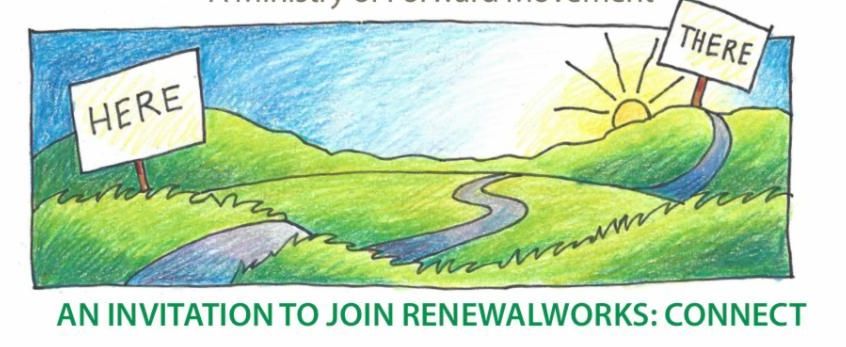
If I proclaim the gospel, this gives me no ground for boasting, for an obligation is laid on me, and woe to me if I do not proclaim the gospel! For if I do this of my own will, I have a reward; but if not of my own will, I am entrusted with a commission. 18 What then is my reward? Just this: that in my proclamation I may make the gospel free of charge, so as not to make full use of my rights in the gospel.-St. Paul’s first letter to the Corinthians (9:16-18)What can I give Him, poor as I am? If I were a shepherd, I would bring a lamb. If I were a wise man, I would do my part. Yet, what can I give Him? Give my heart.-Final stanza of “In the bleak midwinter”
Getting to yes
So did Mary have a choice? Could she have said “Thanks, but no thanks”?
We debated that question at a bible study last week, in reflection on the story of the annunciation. It brought to mind a fine sermon I heard years ago. The preacher (named Mary of all things. Did she know?) posited that the angel Gabriel may have knocked on a few other Nazareth doors before finally finding someone who would say yes. Let’s be clear. The scriptures don’t indicate whether that’s true. But it raised for me a question about how we respond to God’s call. We tout free will, freedom of choice, our own agency. But we could ask: do we have a choice?
Mary’s encounter with Gabriel is only one in a long series of holy callings described in scripture. Often the response indicates that the person hearing the call believes God has the wrong number. Moses heard the call via the burning bush, and asked: “Who am I to take on the Pharaoh? I’m not as good a public speaker as my brother by the way. Try him.” Jonah heard the call to go east and headed west as soon as he could. A rich young ruler wanted to follow Jesus. Jesus said: “Great. Give away your possessions and come on.” The young man went away sad. Isaiah heard the call and declared himself a person of unclean lips. Peter heard Jesus’ call and said to Jesus in response “Depart from me, for I am a sinful man.” Jeremiah heard the call and said “I’m too young.” Zechariah, father of John the Baptist, heard the call and said “I’m too old.”
Mary, in contrast, after understandably admitting some puzzlement (Gabriel, run that by me again,) soon said, “Here am I” believing that with God all things are possible.
Did Mary have a choice? I’m not sure. Sometimes scripture indicates that the people who are called by God see no other pathway. I put a few examples of that holy compulsion in the excerpts above. The first disciples, St. Paul and his companions, the martyrs of the early church answer the call even though it got them in a mess of trouble. Life could have been, would have been so much easier. It’s been true ever since. Martin Luther said “Here I stand. I can do no other.” Abraham Lincoln said he was driven to his knees in prayer because he had nowhere else to go. John Lewis, a modern day witness, crossed the bridge and got in good trouble.
As we move from Advent to the Christmas season, I’m wondering how you have responded to God’s call in your life. It may be a nudge to do something small, like reaching out to someone in the grips of loneliness amidst covid-tide. It may be a major shift in your life’s commitments as a new year starts.
Questions of call can be found all over the Christmas story. Was it a choice? Was there no other way? Mary could have simply said “I don’t think so.” Joseph could have cancelled wedding plans. Shepherds could have attributed the angels’ appearance to too little sleep or too much wine. Magi could have noticed an unusual star and said, “How interesting” and kept on with royal duties. Instead, for each of these characters the response was yes, perhaps a road less taken that has made all the difference.
As we come to the celebration of Christ’s birth, we note that God’s grace has appeared, a great gift. This Christmas, how will you say yes to that gift? How will you find room for it in your “no vacancy” life? How will you give thanks for it, with your lips and with your life? Is it simply unthinkable to say anything but “yes”? Perhaps answering such questions can provide insight into the reason for the season. That is my prayer this morning for you and for me.
